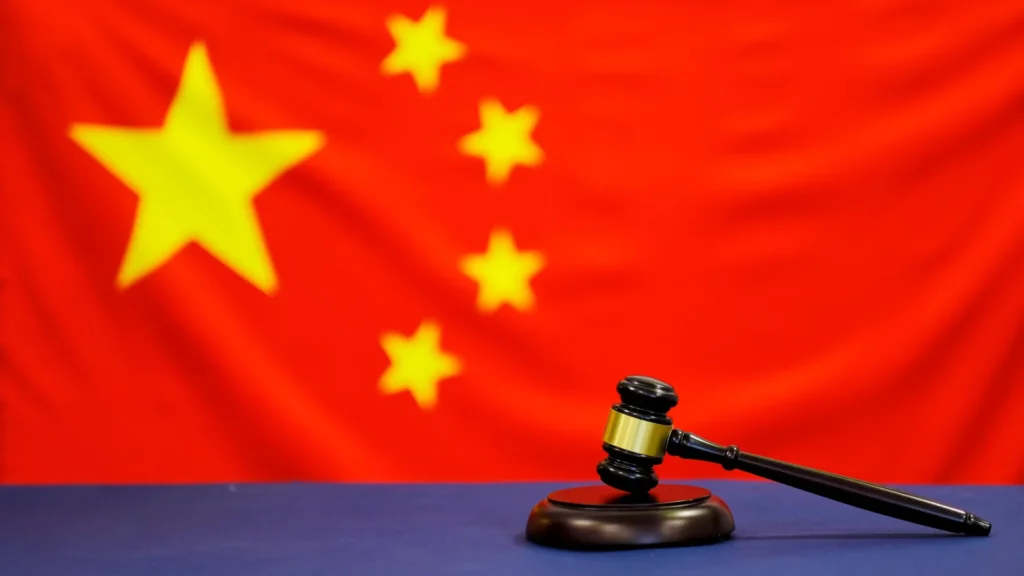When drafting commercial agreements, the choice between arbitration and litigation is a crucial decision that can significantly impact the resolution of potential disputes. In China, arbitration offers distinct advantages over litigation, making it an increasingly popular choice for businesses seeking efficient and effective dispute resolution mechanisms. This article delves into the key benefits of arbitration in China, highlighting why many agreements include arbitration clauses.
Table of Contents
ToggleConfidentiality
One of the primary advantages of arbitration in China is the confidentiality it offers. Arbitration proceedings are generally private and confidential, ensuring that sensitive commercial information remains undisclosed to the public. This is particularly important for businesses that need to protect trade secrets, proprietary information, and other sensitive data. Unlike court proceedings, which are typically public, arbitration allows parties to resolve their disputes away from the public eye, thus maintaining the privacy of their business operations.
Speed
Arbitration is often faster than litigation, which can be significantly delayed by various factors such as court backlogs, procedural complexities, and the potential for multiple appeals. In China, the court system can experience significant delays, particularly in major commercial hubs where the volume of cases is high. Arbitration, on the other hand, offers a more streamlined process. The parties involved can agree on the timelines and select arbitrators who are experts in the relevant field, further expediting the resolution process. This efficiency can save businesses time and resources, allowing them to focus on their core operations rather than prolonged legal battles.
Enforceability
The enforceability of arbitration awards is another significant advantage in China. Arbitration awards are enforceable in the same manner as court judgments, providing parties with a reliable means of ensuring compliance with the resolution of their disputes. China is a signatory to the New York Convention on the Recognition and Enforcement of Foreign Arbitral Awards, which facilitates the enforcement of arbitration awards across international borders. This international framework enhances the reliability and attractiveness of arbitration for businesses engaged in cross-border transactions.
Practical Implications
Given these advantages, it is common practice for businesses operating in China to include arbitration clauses in their commercial agreements. By doing so, they ensure that any disputes will be resolved through arbitration rather than litigation, benefiting from confidentiality, speed, and enforceability.
When drafting such agreements, it is essential to carefully craft the arbitration clause. Key elements to consider include the selection of the arbitration institution, the applicable rules, the seat of arbitration, and the language of the proceedings. Popular arbitration institutions in China include the China International Economic and Trade Arbitration Commission (CIETAC) and the Shanghai International Economic and Trade Arbitration Commission (SHIAC). Choosing a reputable institution can further enhance the efficiency and credibility of the arbitration process.
Conclusion
In conclusion, arbitration offers several compelling advantages over litigation in China, making it an attractive option for businesses seeking effective dispute resolution mechanisms. The confidentiality, speed, and enforceability of arbitration make it particularly suited for resolving commercial disputes, ensuring that businesses can protect their sensitive information and achieve timely resolutions. By including well-drafted arbitration clauses in their agreements, businesses can leverage these benefits and navigate disputes with greater confidence and efficiency.
Frequently Asked Questions (FAQ) on Arbitration in China
1. How does arbitration ensure confidentiality?
Arbitration proceedings are generally private and confidential, which means sensitive commercial information is not disclosed publicly.
2. Why is arbitration often faster than litigation?
Arbitration is often faster than litigation because court proceedings can be delayed by various factors such as backlogs and complex procedures.
3. Are arbitration awards enforceable in China?
Yes, arbitration awards are enforceable in China in the same way as court judgments.
4. Why do we set an arbitration clause instead of opting for litigation when drafting agreements?
We often set an arbitration clause instead of opting for litigation because arbitration provides confidentiality, is generally faster, and its awards are enforceable similarly to court judgments.








